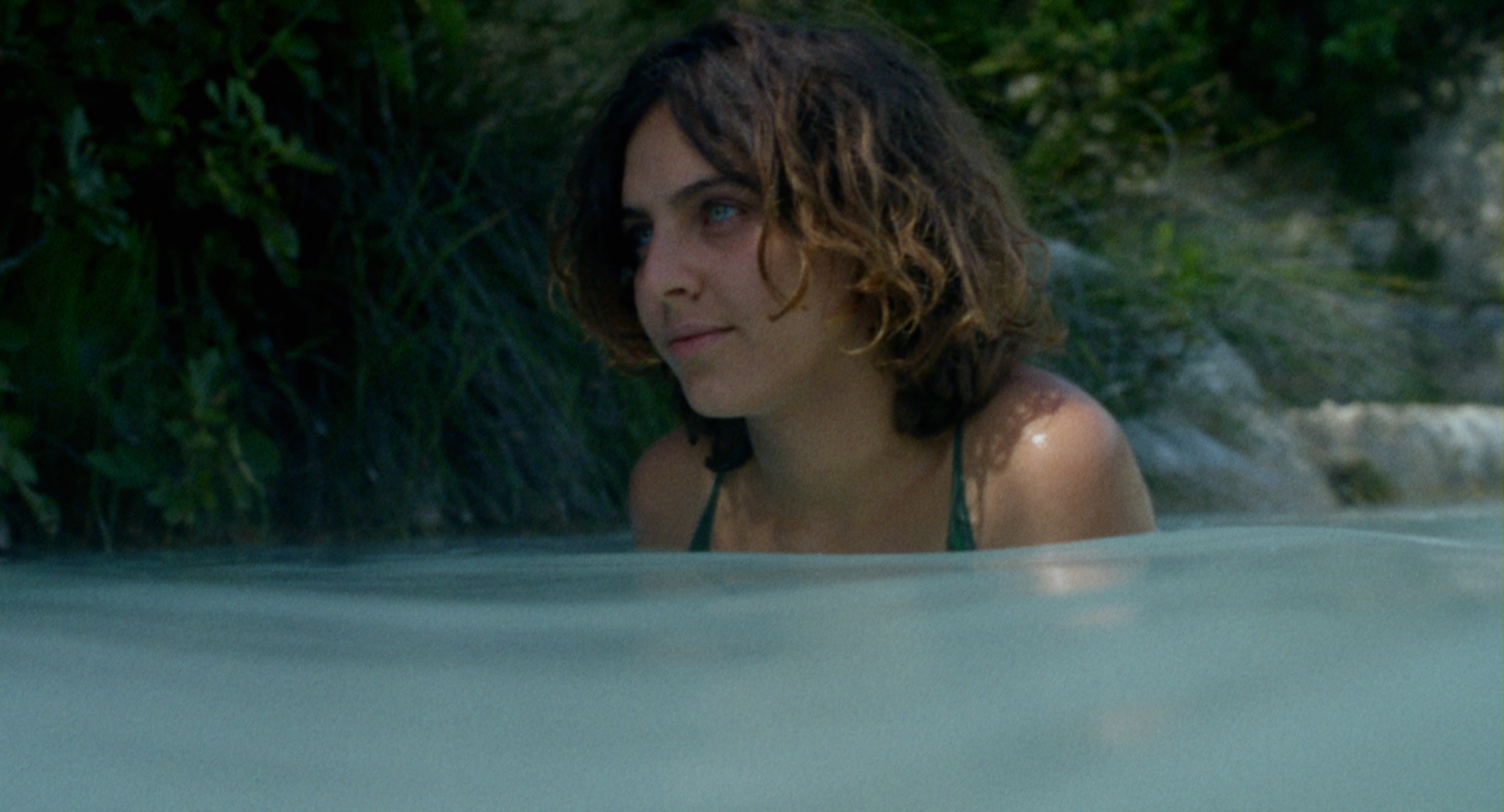Carlo Lavagna
Arianna, Carlo Lavagna (2015)
Carlo Lavagna is an Italian screenwriter, producer, editor and film director. His first work as a director, the documentary Hip Hop Diaries, draws a portrait of two graffiti artists in New York. Lavagna earned a nomination for Italy's David di Donatello Award for Best New Director for Arianna, his feature narrative debut, which premiered at BFI London, Rotterdam, Göteborg and Venice's Giornate degli Autori where it was nominated for the Queer Lion, and won Best Actress in a Debut Film.
In an exclusive interview with Filmatique, Carlo Lavagna discusses the polymorphism of identity, Italian cinema's crippling complaisance, Bolaño, and his next project.
//
FILMATIQUE: We have seen many more films in recent years about young adults coming to terms with their gender identity or sexual orientation, but almost no films about an intersex character. What was the genesis of this film— what inspired you to tackle this subject matter?
CARLO LAVAGNA: Arianna is an alter ego of myself and the film an investigation into my own identity. The film is a metaphor for a search for meaning that cannot be found. The superficial elements of the story are borrowed from a whole set of personal experiences, anecdotes coming from the lives of intersex people I've known, and from fictional events invented by me and other writers, or taken from books and movies.
FLMTQ: What do you think is the reason for the relative paucity of intersexual narratives in contemporary cinema?
CL: I don't care about the abundance or scarcity of films dealing with this theme, because the social element that can be associated with such films is not an argument that touches me. There is no battle the movie is trying to win. It's not a film of denunciation nor does it want to be.
It is, rather, a film that questions the polymorphism of identity, the uneasiness of being different, but also the wonder of not belonging to a definite category. The premise of the film is that if we begin to define every single form of diversity, if we give it a name, if we "normalize it," regulate it with laws— what follows is the risk of destroying the mystery, the poetry, the seduction.
Arianna, Carlo Lavagna (2015)
FLMTQ: How has the reception of the film been, on the festival circuit and commercially upon its release?
CL: The film premiered at Venice then went to BFI, Rotterdam, Göteborg, Guadalajara and many other festivals around the world. In this respect it can be said that the film has been appreciated.
It came out in theaters in Italy, and made very little.
FLMTQ: Arianna was filmed in a beautiful countryside landscape— quiet and almost ethereal. It ties in well with her personal self-discovery, the fact that it takes place in such a private location away from societal pressures and giving an air of mystery to her own identity. It allows both the main character and the film itself to breathe— how did you seek to create this atmosphere via sound, photography and editing?
CL: The only possible place to shoot this film was the Tuscia area. This is the place of my childhood and also a place of mystery because it is a place of antonomasia— a place that substitutes in its name, Tuscia, a feeling or idea.
The place where the Etruscan civilization developed, the place of the Fanum Voltumnae— the hollow streets, my first adventures. I tried to capture this aura of hidden excitement with music by using only original Baroque instruments, similar to the Aulos and the Greco-Roman lire. With photography, I tried to produce an image as unclear, blurry and colorful as Arianna's identity, accompanied by a sound landscape marked by hyper-realism.
Arianna, Carlo Lavagna (2015)



